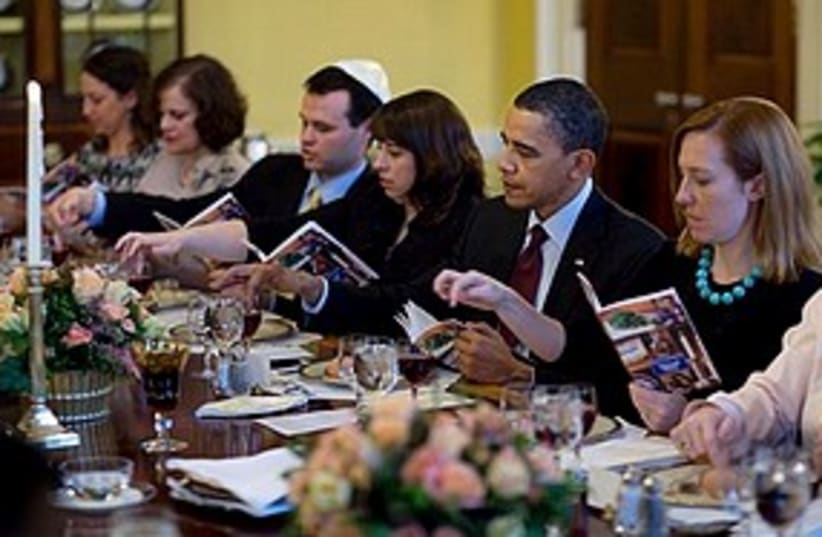2. Do you understand my problem with you is not about Jerusalem?Yougo around declaring “Jerusalem is not a settlement; it is our capital.”You know damn well no serious person, especially in my government, eversaid it was a settlement. Of course I think Israel should stop buildingin east Jerusalem to give peace talks a chance. That’s neither aconcession nor a surrender of any Israeli claims but an acknowledgementthat the future of that area is to be negotiated. I thought we’d allagreed not to engage in provocative acts that would undermine the newtalks. Whatever you two decide is fine by me.Last year I askedfor a total settlement freeze, but we dropped that and my secretary ofstate even praised your partial moratorium on West Bank construction as“unprecedented.” I thought we’d put that behind us until Joe Biden wasblindsided. You disingenuously tried to dismiss it all as an “innocent”mistake of timing and promised it wouldn’t happen again. Until theannouncement for your pal Moskowitz just before you came to see me.Don’t give me this bubbe mysehabout bureaucratic snafus. The isn’t about Jerusalem or settlements –it’s about trust. We both know it. I don’t want private promises thatare contradicted in public; I want it all in writing to avoid anymisunderstandings.
3. What did you really say about Jerusalem?Themore you talked about Jerusalem, the more I felt you were looking for away out of negotiations with the Palestinians. Especially when,according to your own spokesman, you told congressional leaders thatyou might “put peace negotiations on hold for another year” unlessPalestinians dropped their “illogical and unreasonable demand” for atotal construction freeze.But then amid all that stridentrhetoric I thought I heard you drop a hint in your AIPAC speechsuggesting you’re prepared to compromise on Jerusalem.Afterdefending construction in Jewish communities like Ramat Shlomo, yousaid, “All these neighborhoods are within a five-minute drive from theKnesset... Everyone knows that these neighborhoods will be part ofIsrael in any peace settlement. Therefore, any building in them in noway precludes the possibility of a two-state solution.” The operativeword appeared to be “these.”You didn’t say “all” neighborhoodsof east Jerusalem but “these,” implying the Jewish communities wouldremain part of Israel – something long understood by American andPalestinian leaders – and the Arab neighborhoods of east Jerusalemwould become part of the Palestinian capital. I don’t know for surethat’s what you meant, so I’d also like to have that in writing, too.4. Do you think playing footsie with the Republicans scares me?I’veheard you’d like to focus any talks with the Palestinians on proceduralinstead of substantive issues. That’s unacceptable. It is time to getpast arguing about the shape of the table and start talking about thefinal status issues – refugees, borders, water and, yes, Jerusalem.Youmay be hoping the November congressional election will give theRepublicans control of at least one chamber of Congress and they’llwork with you and your AIPAC allies as you all did in the 1990s toblock president Clinton’s peace policies.But this is 2010, not 1994, and the Republican power base is shiftingfrom the Evangelicals, with their religious affection for Israel, tothe tea partiers, with their angry calls for slashing the size andspending of government, something that could easily hit foreign aid.One thing that hasn’t changed, though, is the Jewish community, a vitalcore constituency of the Democratic party. The polls show consistentlythat American Jewish voters agree with me that the United States shouldplay an active role in pressing for Israeli-Arab peace.Washingtonis on spring break for Passover and Easter, and in the face of theworst crisis in US-Israel relations since the last time you were primeminister, it’s a good time, in the words of our State Departmentspokesman, for all of us to take “a week to 10 days” off for “assessingwhere we are.” Hag sameach.bloomfieldcolumn@gmail.com
